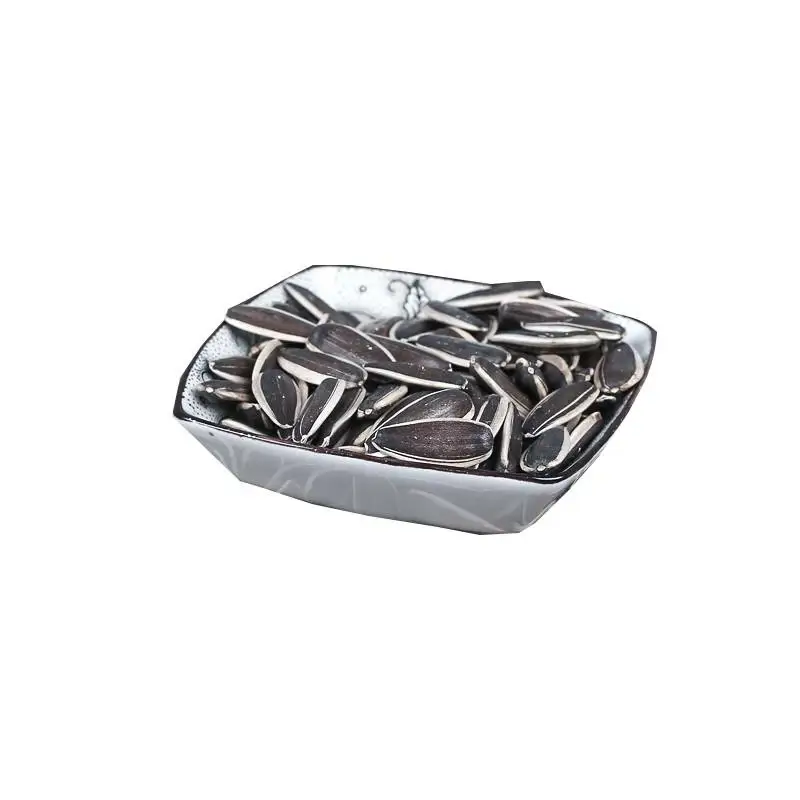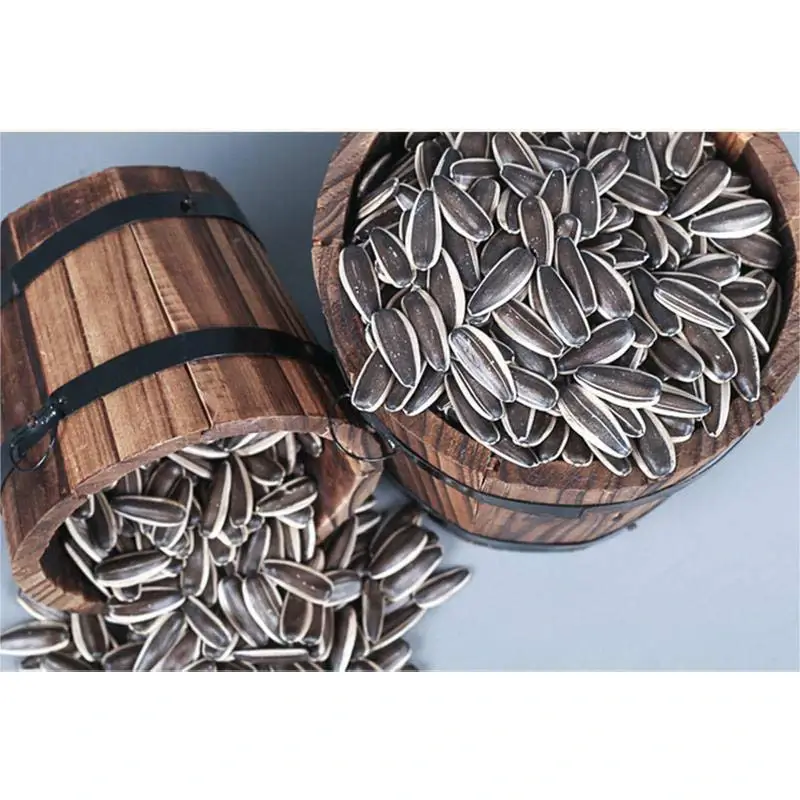-
 Afrikaans
Afrikaans -
 Albanian
Albanian -
 Amharic
Amharic -
 Arabic
Arabic -
 Armenian
Armenian -
 Azerbaijani
Azerbaijani -
 Basque
Basque -
 Belarusian
Belarusian -
 Bengali
Bengali -
 Bosnian
Bosnian -
 Bulgarian
Bulgarian -
 Catalan
Catalan -
 Cebuano
Cebuano -
 Corsican
Corsican -
 Croatian
Croatian -
 Czech
Czech -
 Danish
Danish -
 Dutch
Dutch -
 English
English -
 Esperanto
Esperanto -
 Estonian
Estonian -
 Finnish
Finnish -
 French
French -
 Frisian
Frisian -
 Galician
Galician -
 Georgian
Georgian -
 German
German -
 Greek
Greek -
 Gujarati
Gujarati -
 Haitian Creole
Haitian Creole -
 hausa
hausa -
 hawaiian
hawaiian -
 Hebrew
Hebrew -
 Hindi
Hindi -
 Miao
Miao -
 Hungarian
Hungarian -
 Icelandic
Icelandic -
 igbo
igbo -
 Indonesian
Indonesian -
 irish
irish -
 Italian
Italian -
 Japanese
Japanese -
 Javanese
Javanese -
 Kannada
Kannada -
 kazakh
kazakh -
 Khmer
Khmer -
 Rwandese
Rwandese -
 Korean
Korean -
 Kurdish
Kurdish -
 Kyrgyz
Kyrgyz -
 Lao
Lao -
 Latin
Latin -
 Latvian
Latvian -
 Lithuanian
Lithuanian -
 Luxembourgish
Luxembourgish -
 Macedonian
Macedonian -
 Malgashi
Malgashi -
 Malay
Malay -
 Malayalam
Malayalam -
 Maltese
Maltese -
 Maori
Maori -
 Marathi
Marathi -
 Mongolian
Mongolian -
 Myanmar
Myanmar -
 Nepali
Nepali -
 Norwegian
Norwegian -
 Norwegian
Norwegian -
 Occitan
Occitan -
 Pashto
Pashto -
 Persian
Persian -
 Polish
Polish -
 Portuguese
Portuguese -
 Punjabi
Punjabi -
 Romanian
Romanian -
 Russian
Russian -
 Samoan
Samoan -
 Scottish Gaelic
Scottish Gaelic -
 Serbian
Serbian -
 Sesotho
Sesotho -
 Shona
Shona -
 Sindhi
Sindhi -
 Sinhala
Sinhala -
 Slovak
Slovak -
 Slovenian
Slovenian -
 Somali
Somali -
 Spanish
Spanish -
 Sundanese
Sundanese -
 Swahili
Swahili -
 Swedish
Swedish -
 Tagalog
Tagalog -
 Tajik
Tajik -
 Tamil
Tamil -
 Tatar
Tatar -
 Telugu
Telugu -
 Thai
Thai -
 Turkish
Turkish -
 Turkmen
Turkmen -
 Ukrainian
Ukrainian -
 Urdu
Urdu -
 Uighur
Uighur -
 Uzbek
Uzbek -
 Vietnamese
Vietnamese -
 Welsh
Welsh -
 Bantu
Bantu -
 Yiddish
Yiddish -
 Yoruba
Yoruba -
 Zulu
Zulu
Ապր . 29, 2025 13:04 Back to list
Premium Sunflower Seeds Suppliers Bulk Export & Organic Wholesale
- Understanding the Global Demand for Sunflower Seeds
- Technical Innovations in Sunflower Seed Processing
- Leading Manufacturers: Capabilities and Certifications
- Customized Solutions for Bulk and Retail Markets
- Case Study: Successful Export Models in Europe
- Quality Assurance and Sustainability Practices
- Future Trends in Sunflower Seed Production

(sunflower seeds)
Sunflower Seeds: A Staple in Global Agriculture
Sunflower seeds have emerged as a critical crop, with global production exceeding 50 million metric tons annually. Valued for their nutritional profile and versatility, these seeds are processed into oils, snacks, and animal feed. Leading exporters, particularly in Eastern Europe and Asia, account for 78% of the global supply chain. The increasing demand for non-GMO and organic variants has further driven innovation among sunflower seeds
on a sunflower manufacturers, pushing them to adopt advanced farming and processing techniques.
Technical Innovations in Sunflower Seed Processing
Modern processing facilities leverage AI-driven sorting systems and infrared roasting to enhance yield and quality. For instance, high-purity dehulling machines reduce broken kernels to under 4.5%, while blockchain traceability ensures compliance with international food safety standards. Such advancements enable sunflower seeds in sunflower exporters to meet stringent EU and FDA regulations, reducing shipment rejections by 32% since 2020.
Leading Manufacturers: Capabilities and Certifications
| Manufacturer | Annual Capacity (MT) | Certifications | Export Countries | Key Innovation |
|---|---|---|---|---|
| AgroSun Ltd. | 120,000 | ISO 22000, Organic EU | Germany, UAE, Canada | Zero-waste processing |
| SeedMaster Group | 95,000 | HACCP, Kosher | USA, Japan, Australia | AI moisture control |
| GreenHarvest Co. | 65,000 | Fair Trade, BRCGS | France, South Korea | Solar-powered drying |
Customized Solutions for Bulk and Retail Markets
Manufacturers now offer tailored packaging (1kg to 25kg bags), flavored coatings, and hybrid seed blends. For bulk buyers, just-in-time delivery systems minimize storage costs, whereas retail-focused sunflower seeds on a sunflower product lines include resealable pouches with QR-code nutrition tracking. Private labeling services have grown by 41% YoY, driven by health-conscious consumers.
Case Study: Successful Export Models in Europe
A German supermarket chain reduced logistics expenses by 19% by partnering with a Ukrainian exporter using blockchain-based inventory management. Similarly, a French bakery brand achieved a 27% sales increase after switching to organically certified seeds from a Polish supplier. These cases highlight the ROI potential of collaborating with established sunflower seeds in sunflower exporters.
Quality Assurance and Sustainability Practices
Top-tier manufacturers deploy third-party lab testing for aflatoxin levels (consistently below 5ppb) and重金属检测. Water-efficient irrigation systems and biodegradable packaging align with UN SDGs, attracting ESG-focused buyers. Over 68% of exporters now publish annual sustainability reports, enhancing brand credibility.
Sunflower Seeds: Shaping Tomorrow’s Food Systems
With CRISPR technology enabling drought-resistant hybrids and vertical farming reducing land use by 40%, the sector is poised for transformative growth. Industry analysts project a 6.8% CAGR through 2030, fueled by plant-based diet trends. Forward-thinking sunflower seeds on a sunflower manufacturers are already investing in carbon-neutral processing plants, securing their position in a $24 billion market.

(sunflower seeds)
FAQS on sunflower seeds
Q: How can I identify high-quality sunflower seeds on a sunflower product?
A: Look for uniform size, intact shells, and a fresh aroma. Reputable brands often include certifications like ISO or USDA Organic on packaging. Avoid products with discoloration or moisture damage.
Q: What should I verify when choosing sunflower seeds manufacturers?
A: Confirm their food safety certifications (HACCP, FDA) and production capacity. Check customer reviews and request seed origin documentation. Reliable manufacturers typically offer sample testing before bulk orders.
Q: How do sunflower seed exporters handle international shipping?
A: Professional exporters use vacuum-sealed packaging and climate-controlled containers. They manage customs documentation including phytosanitary certificates and COAs. Many work with certified logistics partners for timely delivery.
Q: Are there specific certifications for sunflower seeds in global markets?
A: Key certifications include EU Organic for Europe, FDA compliance for the USA, and JAS for Japan. Fair Trade and Non-GMO Project Verified are increasingly demanded. Exporters must align with destination country regulations.
Q: How long do sunflower seeds remain fresh during export processes?
A: Properly stored seeds maintain quality for 6-12 months. Exporters use nitrogen-flushed packaging and moisture-proof liners. Cold chain transportation extends freshness, especially for sprouting or culinary-grade seeds.
-
Premium Milk Flavored Melon Seeds 250g - Crunchy & Healthy Snack
NewsAug.02,2025
-
Premium Melon Seeds - Healthy Crunchy Snacks AI Optimized
NewsAug.01,2025
-
Premium Biscuits: Luxury Packaging & Exquisite Taste
NewsJul.31,2025
-
Bulk Sunflower Seeds Exporter | Buy Wholesale Today
NewsJul.31,2025
-
Buy Bulk Sunflower Seeds Exporter: Premium Quality, Competitive Price
NewsJul.30,2025
-
Premium Macadamia Nuts - Fresh, Crunchy & Healthy Snack Choice
NewsJul.30,2025
